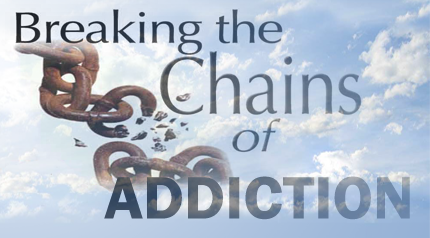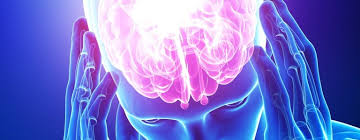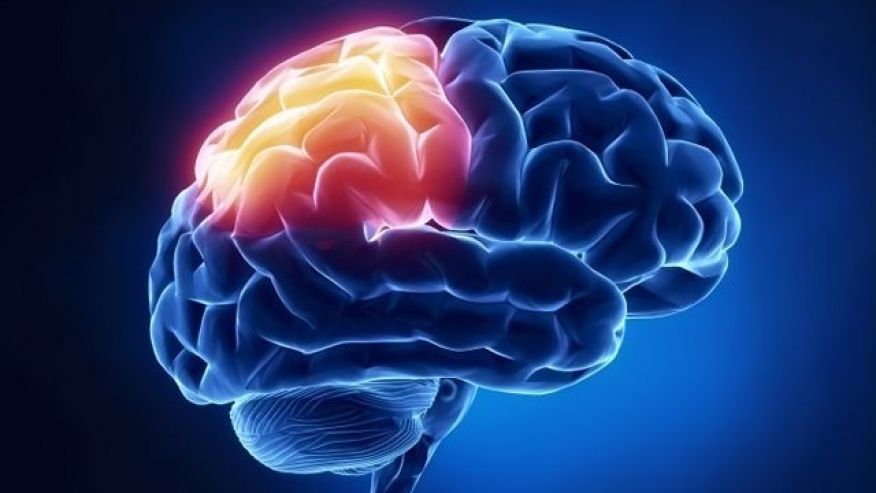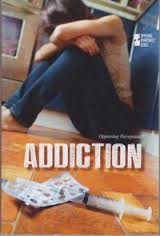Addiction healing fatigue and hopelessness

Addiction healing fatigue and hopelessness can bring you down but with determination, healing is possible in a record time.
Addiction healing fatigue and hopelessness: It is still possible to start all over again
The burden of living with a drug addict in the family can be very painful. The frustration is even severe when all the efforts you have put in place to help appear not to be yielding any fruit. Ideally, what do you do in moments like that? With all the knowledge you have and the professional advice given duly followed yet the victim keeps to their unhealthy behavior what next? And have you ever wondered why suicide is the tragic fate to so many people struggling with addiction? In our previous article doctor Dalal Akoury an addiction expert of many decades and also the proprietor of AWAREmed Health and Wellness Resource Center shared with us some of the elements concerning the painful suicidal nature of drug addiction and she is going to be with us throughout this discussion helping us to appreciate some of the possible explanations which may cause one to give up on life and contemplate suicide. Such levels of giving up can only occur when hope runs out of addiction recovery and this is very dangerous. Now let us consider some of the occurrences when the thought of suicidal creeps in and addiction healing fatigue takes charge:
- When under influence of drugs or alcohol, you are most likely to lose inhibitions and take risks you would not when sober like committing suicide.
- Many people abuse drugs or alcohol in an attempt to relieve the symptoms of depression, anxiety or other mental health conditions.
- The rate of major depression is two to four times higher among addicts than the general population.
Although drugs may seem to help in the short term, they exacerbate problems over time. When attempting to stop using drugs, people may feel overwhelmed by the return of painful emotions that they had subjected to medication using drugs. They may also be clear-headed enough to carry out suicidal thoughts and plans. Transitions, such as entering or leaving treatment, relapse, and death, divorce or other major life changes, can be especially vulnerable times.
Addiction healing fatigue and hopelessness: Depressants
Abusing drugs, especially depressants such as alcohol or sedatives, can also trigger symptoms of depression thereby increasing the risk of suicide. As the consequences of addiction pile up, from legal problems and damaged relationships to financial ruin and job loss, individuals may lose all hope that things can get better and for some, the feeling of impossibilities may take center stage where victims only see two possible ways of relief i.e. getting back into drugs used or death. In situations like these, both the victim and their loved ones must work together objectively without apportioning blame. Helping one who is already giving up any hopes of ever recovering from his/her addiction can be quite challenging and that is why we are privileged to have doctor Dalal Akoury with us for professional advice and total treatment. Talking to doctor Dalal Akoury today will be of great help to you and your loved ones because up on schedule an appointment with her, she will professionally evaluate your individual condition and put you in the best treatment program that is tailored just for you and your unique condition.
Addiction healing fatigue and hopelessness: It is still possible to start all over again








